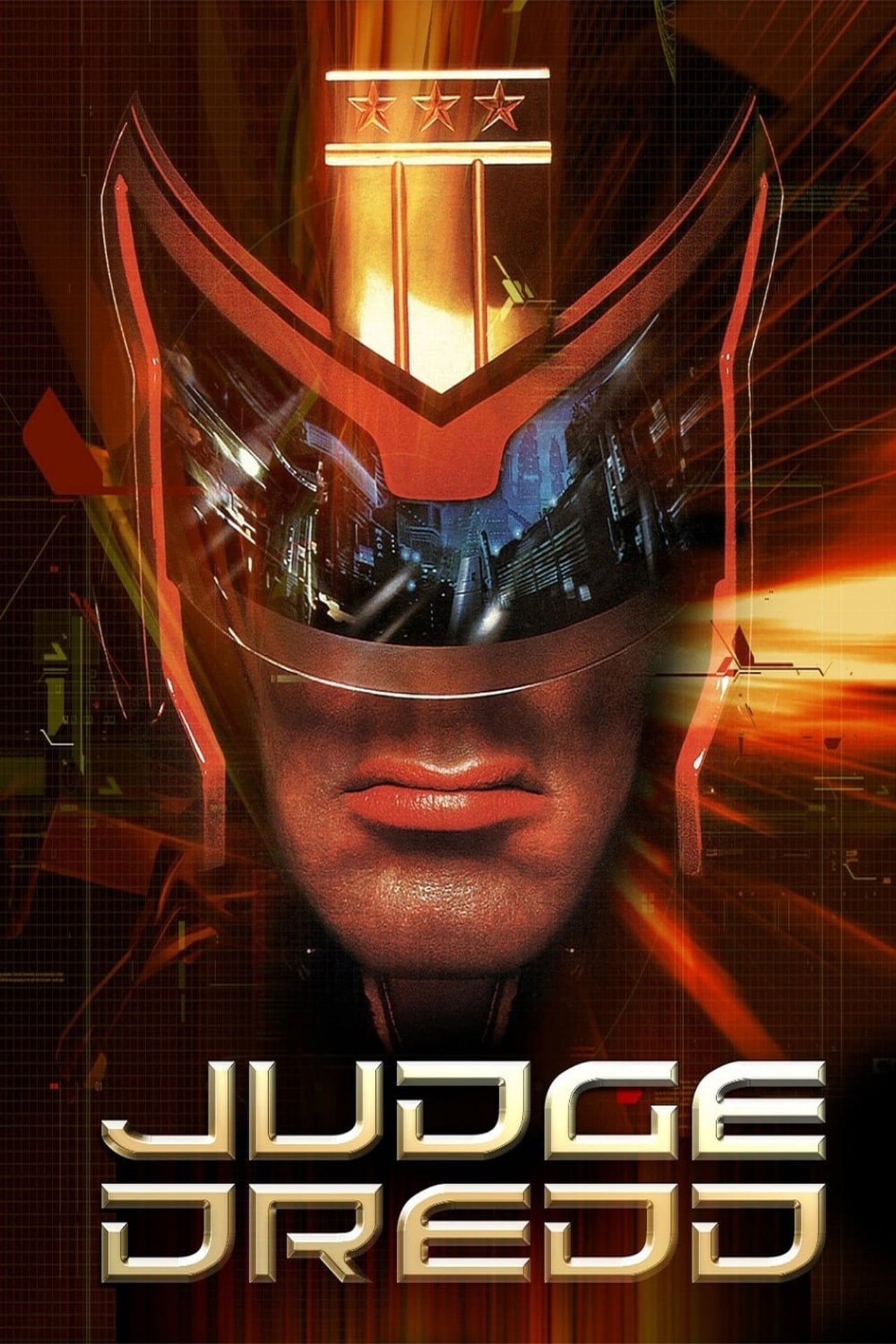
Resonance was an issue as the mask would obstruct the actor's use of his voice, creating internal resonance inside the mask, face, and head. Mask provided unique challenges to Greek actors in many ways. The acting was stylized and used masks and movements to tell the story rather than realism. The style moved more towards idealization. The movement style was more set and dignified. In Tragedy, voice technique needed to be “sonorous”, with a “loud and ringing intonation.”Īrticulation, rhythm and meter were also important. Movement and common place actions were exaggerated to the point of of the extreme and ridiculous, moving to the style of burlesque. In Comedy, voice technique was closer to general conversation. While there were two different acting styles for comedy and tragedy, the audience was able to pick out when an actor was not doing well with either. Because actors were normally in masks, movement was simplified and broadened almost to the point of becoming symbolic. Some actors had high vocal standards and achieved excellence, while other just yelled and ranted. The voice was exercised and trained as much as an opera singer could today. Only leading actors would compete for the prize which could be given for a performance in a non-winning play. Actors were paid by the state, and if an actor was assigned to the Athenian festival and did not show up, he was fined by the state. The other two actors were then selected jointly by the playwright and the lead. By doing this no writer had an unfair advantage. They would then be given to the playwrights based on a lot. As the actor's status rose, the state began choosing the actors. Playwrights originally chose their own actors, and they would often use the same ones repeatedly. Some playwrights even wrote scenes into their plays simply to show off the actor's ability. By the mid fifth-century, their names were recorded in competitions along with the playwrights, and by the fourth century, the actors were considered more important than the playwrights.

There was no demand for full-time performers. Only those who played parts that had a significant amount of dialogue were considered actors.Īctors started out as unimportant followers to the playwrights.

The members of the Chorus were not considered actors, and neither were the people that played mute characters, or the characters with only a few lines to say. By the early fifth century however, this practice was not so popular.
#Parts of a western drama professional
Playwrights themselves appeared as characters in their play, at first alone, and then with a professional actor. In comedy, Cratinus established the rule of having only three actors in a comedy, although, there could be more non-speaking supernumeraries. Satyric drama followed the same rules tragedy did, so it was also limited to three actors. In tragedy, Thespis introduced a single actor that interacted with the chorus, Aeschylus added a second actor, and Sophocles a third.


 0 kommentar(er)
0 kommentar(er)
